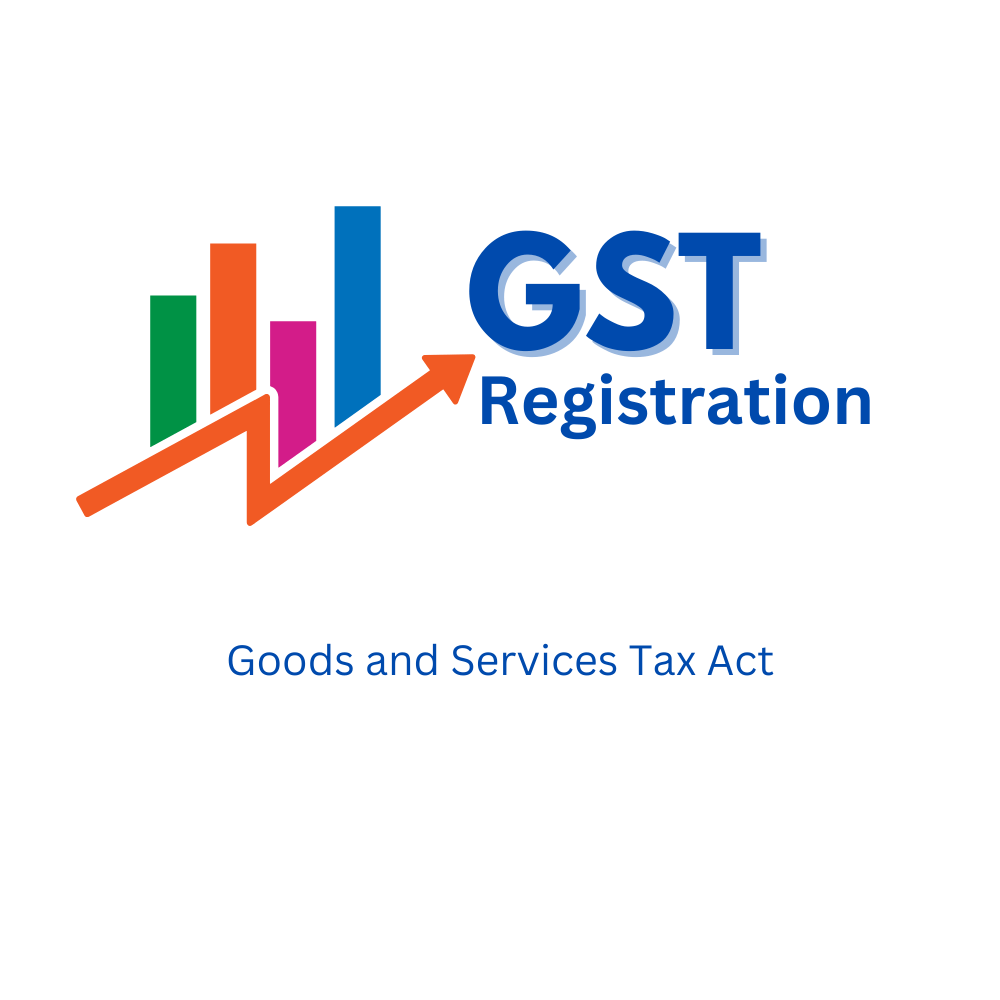Important Overview to Singapore GST Registration for New Organizations
Important Overview to Singapore GST Registration for New Organizations
Blog Article
The Ultimate Guide to Streamlining the GST Registration Refine and Requirements for Local Business Owners

Understanding GST Basics
To realize the fundamentals of the Item and Provider Tax Obligation (GST) system, local business proprietors should initially comprehend its underlying effects and concepts. GST is a value-added tax obligation imposed on most goods and services for residential usage. It intends to simplify the tax process by replacing multiple indirect tax obligations enforced by the state and main governments. Under the GST regime, services are required to sign up and collect tax in behalf of the federal government, ensuring openness and conformity.
One of the key concepts of GST is input tax obligation credit history, which allows companies to declare credit history for taxes paid on their acquisitions. This system protects against the cascading impact of taxes and advertises performance in the tax obligation system. Furthermore, GST is a destination-based tax obligation, indicating that the tax is levied at the point of intake instead of the factor of beginning. This makes certain reasonable distribution of tax income among states based on where the items or solutions are consumed. Comprehending these basic principles is important for little organization proprietors to navigate the intricacies of the GST system and make sure compliance with the legislation.
Eligibility Criteria for Registration
Having established a fundamental understanding of GST concepts, tiny service owners have to now satisfy details eligibility criteria to proceed with the enrollment process (Singapore GST Registration). Businesses that were signed up under the previous tax regimen (BARREL, solution tax obligation, and so on) are likewise mandated to register under GST. Farming organizations that just provide generate out of key manufacturing are exempt from GST registration.
Papers Required for GST Registration

Simplified Enrollment Refine Steps
Adhering to the collection and verification of the requisite records, the enrollment procedure for GST can be navigated via a series of simplified steps designed go to the website to assist in effective compliance for small company proprietors. Upon successful confirmation, an Application Reference Number (ARN) is released, indicating the completion of the GST registration process. By adhering to these streamlined actions, small company owners can successfully register for GST and ensure conformity with tax obligation laws.
Tips for Ensuring Compliance
To keep regulative adherence and operational stability, diligent oversight and aggressive actions are pivotal in ensuring compliance with GST needs for small business proprietors. Little company proprietors should stay upgraded with GST regulations, filing deadlines, and any changes in tax prices to prevent charges and preserve an excellent standing with tax obligation authorities. Attending GST recognition workshops or training programs can improve understanding and conformity with GST regulations, eventually benefiting the organization in the long run.
Verdict
In conclusion, small business owners have to comprehend the basics of GST, satisfy the eligibility standards, gather necessary files, and follow the streamlined enrollment procedure steps to guarantee compliance. By simplifying the GST enrollment process and demands, local business owners can prevent fines and run their organizations smoothly within the lawful structure - Singapore GST Registration. It is important for small company proprietors to remain informed and certified with GST guidelines to preserve a successful company operation
Tiny organization proprietors looking for GST enrollment have to guarantee they collect and send the required records to finish the enrollment procedure efficiently. The files needed for GST registration normally consist of evidence of service enrollment or consolidation, FRYING PAN (Long-term Account Number) card of the company address, identification and entity evidence of the promoters/partners/directors, photographs, address evidence of the area of organization, bank account declarations or canceled cheques, and authorization types. Going to GST understanding workshops or training programs can boost understanding and compliance with GST laws, inevitably profiting the service in the lengthy run.
By simplifying the GST enrollment process and requirements, little company proprietors can avoid fines and run their companies smoothly within the lawful framework. It is essential for small company owners to remain certified and informed with GST policies to keep an effective organization procedure.
Report this page